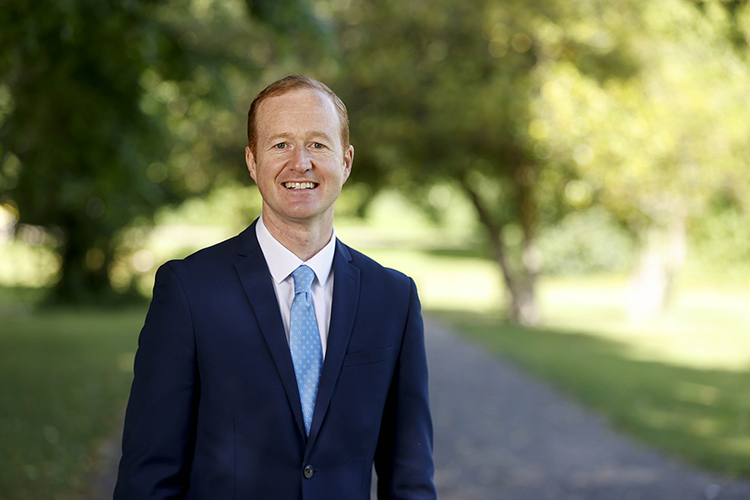
The Sustainable Energy Authority of Ireland (SEAI) has announced details of the €196m spent by the government on Ireland’s sustainable energy transition in 2021. Investment was made on more than 11,300 homes, with an additional 13,400 more EVs in use and 600 communities planning a clean energy transition. The public sector is also now 29% more energy efficient as a result of the investment.
Speaking about the results, SEAI Chief Executive William Walsh said that the past year has seen a further increase in activity across SEAI programmes, grants and services.
“We have now built up a strong momentum and appetite for change among business, the public sector, communities, and home and vehicle owners. This comes at a vital time as the challenge ahead is unprecedented. Only sustained year-on-year emissions reductions will see us meet our targets and make our national contribution to the global aim of limiting warming to 1.5 degrees. Our ambition over the next decade is to far outstrip the rates of change previously achieved. Ireland needs to dramatically shift away from fossil fuel use for electricity, heat and transport as a national priority.”
Home energy upgrades
During 2021 SEAI disbursed Grant support towards 11,368 home energy upgrades, including 2,272 energy-poor homes. There were also 4,089 solar PV installations supported (Total support of €100m). 4,606 homes supported by SEAI grants achieved a B2 BER rating or higher.
Building Energy Ratings
More than 95,000 BERs were published through SEAI systems. SEAI Launched an updated BER Advisory report, which will provide homeowners with valuable information on home energy retrofits. It also launched a pilot BER API service with three home upgrade supply-chain actors, providing digital transaction-level BER data streamlining home energy services, reducing homeowner burden.
Electricity decarbonisation
William Walsh said that SEAI has had significant success in decarbonising electricity, but the shift towards renewable energy and energy-efficient technologies has not been fast enough to curb rising greenhouse gas emissions from heat and transport activities.
“As we hope to emerge from the pandemic in 2022, it’s likely that much of the emissions reductions that occurred due to lock-down measures and other Covid impacts will be eliminated.
“SEAI has learned a lot from past efforts and continues to work with all stakeholders to optimise schemes and improve offerings to drive emissions reductions from our energy system.
“We are now able to engage with almost every sector of Irish life to support the necessary changes. This is no time to delay. We encourage businesses of all sizes and all citizens to engage in the conversations, utilise existing supports and make whatever changes they can to move away from fossil fuel use now.”
A healthy planet
William Walsh concluded his comments by saying, “The demands on Ireland’s energy and environment require us to work at pace and to deliver even greater results. That is what we intend to do. Not just because it is our mission but because it will provide a better life for individuals, businesses, and communities long into the future. If we achieve our mission, our legacy will be a healthy Ireland and a healthy planet for future generations.”

